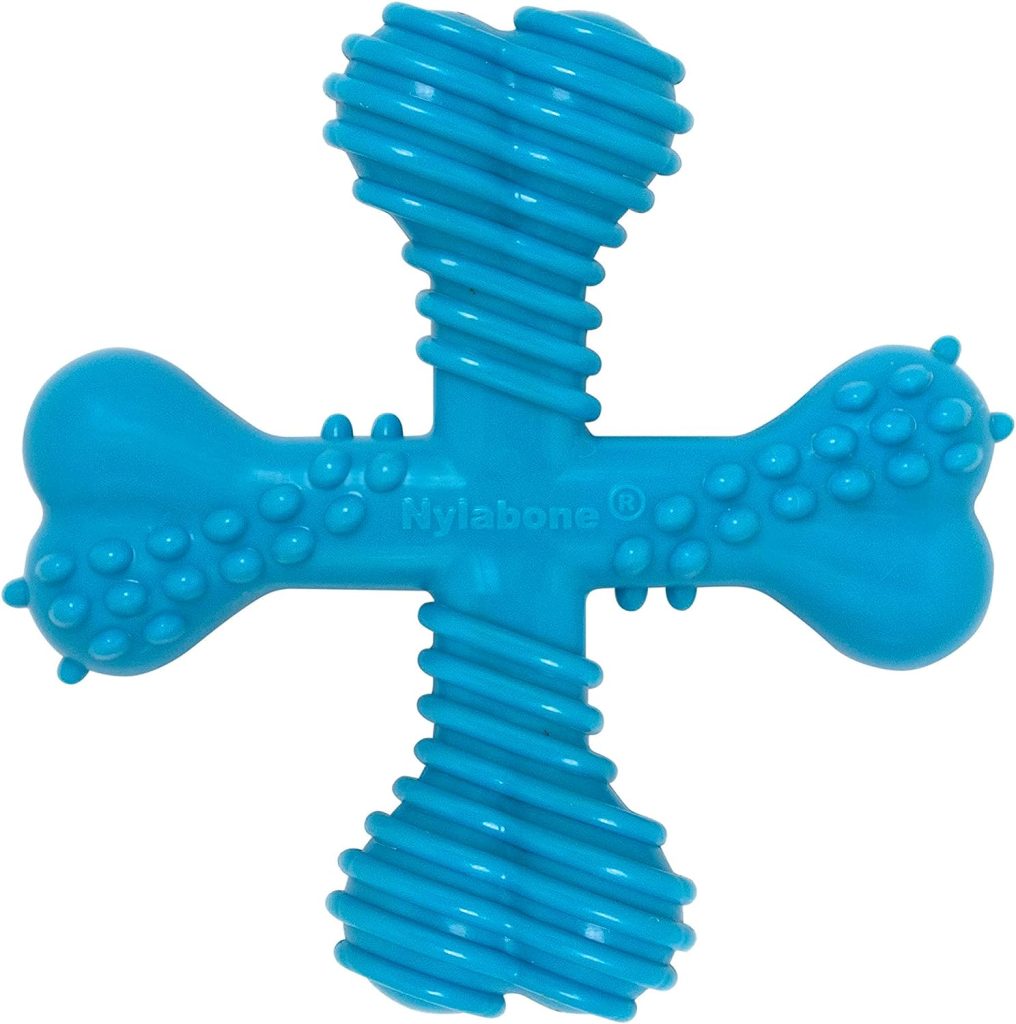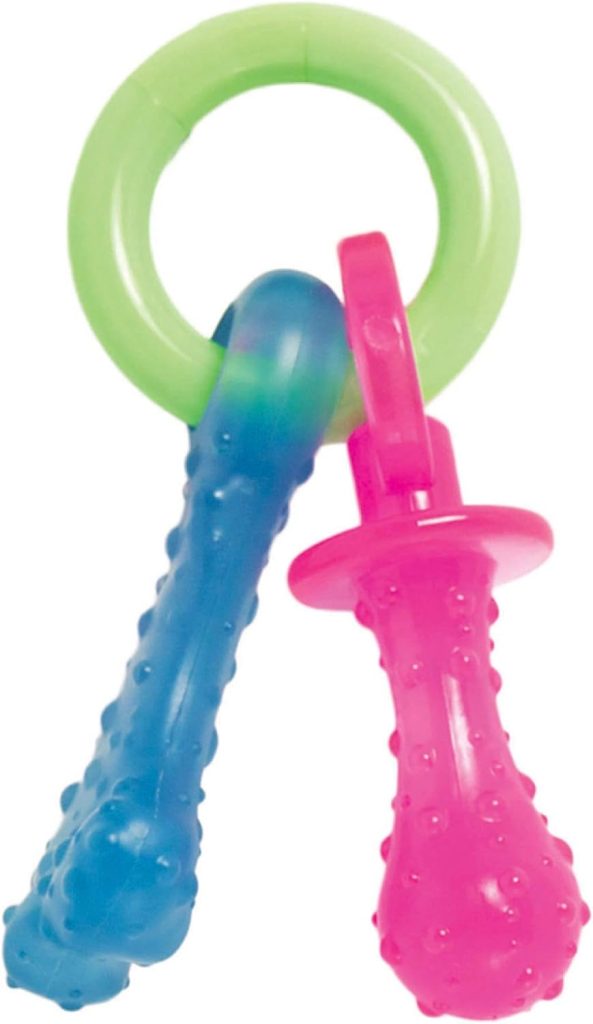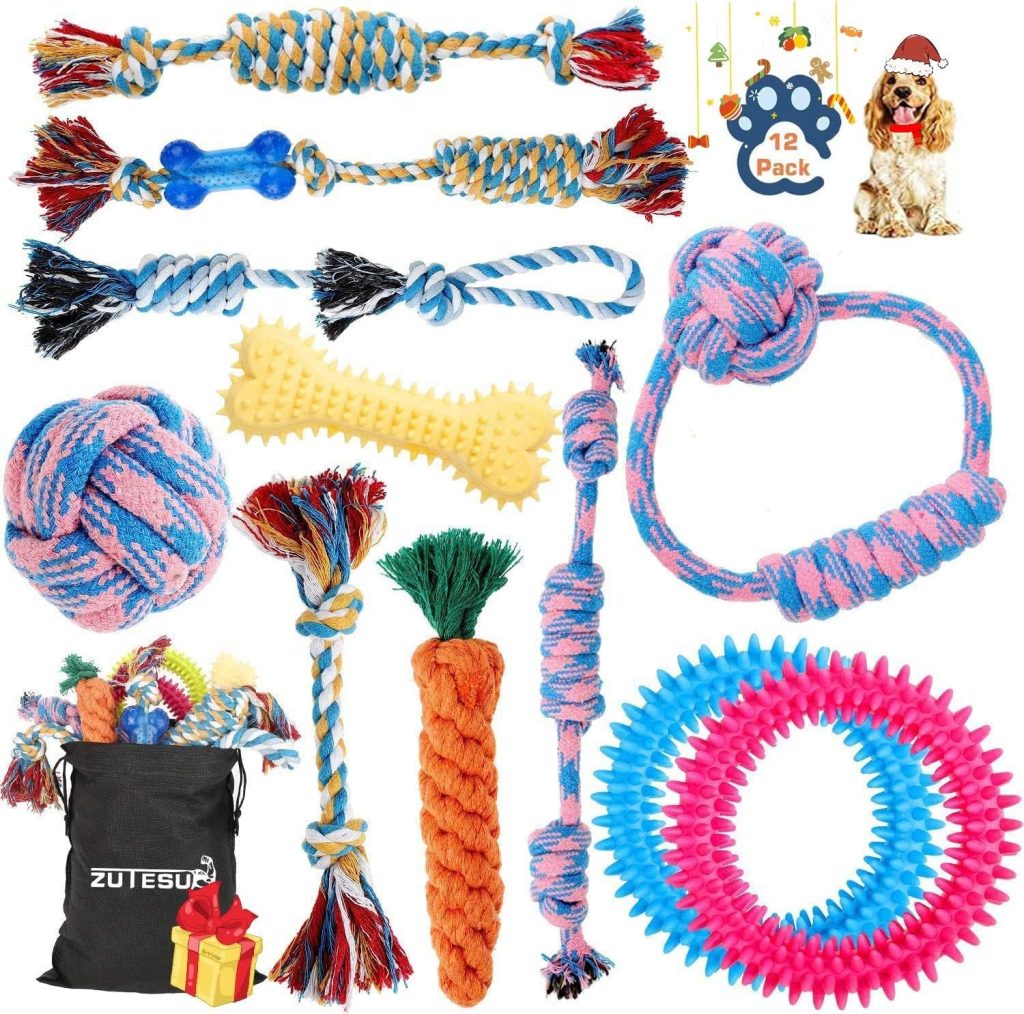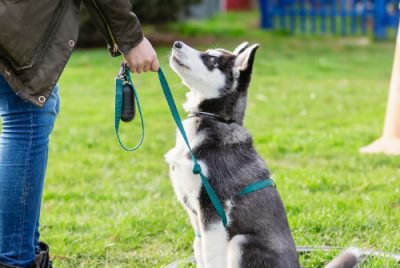Mastering Puppy Stages: The Essential Guide
Post Disclaimer
We may earn a commission for purchases made using our links. Please see our Disclaimer to learn more.
The Essential Guide to Puppy Stages
Welcoming a new furry friend into your family is an exciting experience, but it can also be overwhelming, especially if you are a first-time dog owner. One of the most important aspects of raising a puppy is understanding their development stages. From neonatal to adolescence, each stage presents its own challenges and milestones. In this comprehensive guide, we will walk you through all the stages of puppy development. We will cover when puppies start developing their skills, how to handle fear periods, the process of puppy training, health considerations for your pup, when they calm down, and when you can expect them to be fully grown. Whether you are a seasoned pet owner or a new one, this guide will help you navigate through the ups and downs of raising a healthy and happy pup.
Understanding Puppy Development Stages
Puppies go through different stages of development, each with specific milestones and needs. Understanding these stages is crucial for providing appropriate care. The neonatal stage, which lasts for the first two weeks of a puppy’s life, is a time when they are completely dependent on their mother and littermates for survival. The transitional stage, occurring from 2 to 4 weeks, is characterized by puppies starting to open their eyes, ears, and becoming more mobile. During this stage, they begin to explore their surroundings and develop basic senses. By understanding and recognizing these development stages, pet parents can ensure a safe and supportive environment for their puppies.
The Neonatal Stage (0-2 Weeks)
During the neonatal stage, which lasts from 0 to 2 weeks, puppies are at their most vulnerable. Completely dependent on their mother, they rely on her for nourishment, warmth, and care. This stage is characterized by the puppies’ inability to see or hear, as their senses are still developing. Their primary focus during this time is on growth and survival, so they spend most of their time sleeping and eating. It is a crucial period in a puppy’s development, laying the foundation for their future.
The Transitional Stage (2-4 Weeks)
During the transitional stage, which occurs between 2 to 4 weeks of a puppy’s life, they start to develop their senses. Their eyes and ears begin to open, allowing them to perceive their surroundings in new ways. Along with sensory development, their motor skills and coordination also improve, enabling them to move around more confidently. At this stage, puppies start interacting with their littermates, engaging in play, and socializing. It is also the beginning of the weaning process, as they gradually transition from solely relying on their mother’s milk to introducing solid food into their diet. This stage is a crucial period in a puppy’s development, setting the foundation for future growth and learning.
The Socialization Stage (5-12 Weeks)
During the socialization stage, which typically occurs between 5 to 12 weeks, puppies undergo crucial development. They learn how to interact with other dogs and humans, shaping their future social behavior. It’s essential to expose them to new experiences, people, and things during this time. Positive experiences during this stage pave the way for a well-adjusted and confident adult dog. Additionally, this is the ideal time to start puppy training classes, where they can learn obedience and basic commands. So, make the most of this critical period in your puppy’s development to provide a safe environment and introduce them to various stimuli.
When Do Puppies Start Developing Their Skills?
Puppies start developing their skills during different stages of their growth. The active learning stage, which occurs from 3 to 6 months, is when puppies become more curious and adventurous. They start exploring their environment and learning new things. This stage is followed by the adolescence stage, which lasts from 6 to 18 months.
The Active Learning Stage (3-6 Months)
During the active learning stage, puppies begin to exhibit more independence. They develop physical coordination and start mastering basic commands. Puppy training classes are highly beneficial during this time, as they provide structured learning opportunities. It’s essential to provide mental and physical stimulation to prevent boredom in puppies. Positive reinforcement is the best approach for training them, promoting a strong bond between pet parents and their furry companions. Ensuring a safe environment for the pup, introducing them to new people and experiences, and providing chew toys are all key elements in their development. This stage sets the foundation for their future growth and behavior.
The Adolescence Stage (6-18 Months)

During the adolescence stage (6-18 months), puppy owners face various challenges. With hormonal and behavioral changes, puppies may challenge authority and test boundaries. Consistency in training and socialization is crucial during this phase as it marks the transition from puppyhood to adulthood. Puppies at this stage are more independent and may exhibit behaviors like chewing and barking. It’s essential to provide them with chew toys and a safe environment to prevent destructive behavior. Positive reinforcement and obedience classes can help guide them through this period of development. Overall, the adolescence stage requires patience and understanding from pet parents as puppies navigate their way towards maturity.
What are Puppy Fear Periods and How to Handle Them?

Puppy fear periods are natural phases that puppies go through. The first fear period occurs between 8 to 12 weeks, during which they may become more cautious and fearful. The second fear period happens from 6 to 14 months. Providing a safe and supportive environment is essential to help them navigate these phases successfully.
First Fear Period (8-12 Weeks)
During the first fear period, puppies may exhibit signs of fear or anxiety. It’s crucial to gradually introduce them to new experiences and situations to help them build confidence. Avoid overwhelming or forcing them during this period, as it can have a negative impact on their development. Instead, focus on providing positive experiences that can counteract fear and build resilience. Gentle socialization and positive reinforcement are key strategies for helping puppies navigate through this important stage of their development. By creating a safe and supportive environment, pet parents can ensure that their puppies develop the necessary skills and confidence to thrive.
Second Fear Period (6-14 Months)
During the second fear period (6-14 months), puppies enter another phase of increased sensitivity. They may react fearfully to previously familiar things, which can be confusing for pet parents. Patience and understanding are essential during this stage. It’s important to avoid reinforcing fearful behavior and instead provide reassurance to help them overcome their fears. Gradually exposing them to fear-inducing stimuli in a safe environment can help them build confidence and resilience. Remember, it’s a normal part of their development, and with the right guidance, they will navigate through this stage successfully.
The Process of Puppy Training
Effective puppy training involves creating positive experiences and socializing your pup. It’s important to start training during the socialization period, typically between 5-12 weeks, for the best results. Training should cover obedience commands, leash training, and house training. Crate training is a valuable tool for teaching puppies to settle and be independent. Additionally, consider enrolling your puppy in training classes to provide distractions and practice social skills. By incorporating these techniques into your puppy’s development, you can help them become well-behaved and confident members of your family.
The Appropriate Time to Begin Training
Training your pup is essential for their development and behavior. Early training is crucial as puppies are more receptive and adaptable during their early stages of life. Begin training as early as 8 weeks of age when a puppy’s emotional and physical coordination is starting to develop. This is also the socialization period, where introducing them to new experiences, people, and environments is important. Training during this time helps them learn bite inhibition, potty training, and basic obedience. Creating a safe and positive learning environment sets them up for success in the later stages of their development.
Health Considerations for Your Puppy
Regular veterinarian visits are crucial for your puppy’s overall health and development. These visits ensure that your pup receives the necessary vaccinations to protect against diseases like distemper and parvovirus. Additionally, consider getting pet insurance to help cover unexpected medical expenses that may arise. Neutering or spaying your puppy not only prevents health issues but also helps control unwanted pregnancies. Good nutrition and exercise play a vital role in maintaining your puppy’s well-being. By providing proper care and attention to their health, you can set your pup up for a happy and healthy life.
Training, vaccinations, and socialization: 3-16 weeks
During the puppy stages, training, vaccinations, and socialization are crucial for their development. From 3-16 weeks of age, puppies need to be vaccinated against common diseases such as distemper, parvovirus, and rabies. Socialization is also important during this time as it helps puppies learn how to interact with other dogs and people. This can prevent future behavioral issues like aggression or anxiety. Additionally, training should begin early on to establish good behavior habits and help puppies understand basic commands like sit and stay. With proper care during these stages, puppies can grow up to be healthy and well-adjusted dogs.
When Should You Consider Pet Insurance?
Consider getting pet insurance as soon as you bring your puppy home. It helps cover unexpected medical expenses and ensures you can provide the best care. Factors like breed and potential health issues should be considered when choosing insurance. Start researching options before your puppy’s first vet visit.
Importance of Neutering or Spaying Your Puppy
Neutering or spaying your puppy is crucial for various reasons. Firstly, it helps prevent certain health issues and reduces the risk of reproductive disorders later in life. Additionally, the procedure can contribute to reducing behavioral problems such as aggression and dominance. Veterinarians typically recommend neutering or spaying between 6 to 9 months of age, but it’s essential to consult with your veterinarian to determine the most appropriate timing for your puppy. Apart from the individual benefits, this practice also plays a significant role in controlling the pet population. Neutering or spaying your puppy is a responsible decision that promotes their overall well-being and contributes to a more balanced pet community.
When Do Puppies Calm Down?

Puppies generally calm down as they mature into adulthood. Their hyperactivity decreases as they physically and emotionally develop. Consistent training and socialization help them become well-adjusted dogs. Patience and positive reinforcement are crucial in calming down hyperactive puppies.
What Changes to Expect as Your Puppy Grows?
As your puppy grows, you can expect a variety of changes in size, appearance, and behavior. Their baby teeth will start falling out to make room for adult teeth. Sexual maturity may bring changes in behavior and marking. They will also develop better physical coordination and control, while emotional maturity leads to more stable and predictable behaviors.
When Can You Expect Your Puppy to Be Fully Grown?
The time it takes for a puppy to reach its full size can vary depending on the breed. Smaller breeds tend to reach their full size earlier than larger breeds. On average, most puppies reach their full size between 9 months and 2 years of age. Factors such as genetics and nutrition can influence a puppy’s growth and development. Regular vet check-ups can help track your puppy’s progress as they grow.
Live Pee Free! Odor Eliminator 100% Eliminates Pet Odor on Contact. No Enzymes, No Fragrance, No Detergent, No Bleach – Safe for Kids and Pets.”
FAQ’s
What is the hardest puppy stage? The hardest puppy stage can vary depending on the individual puppy and their breed, but many dog owners find that the first few months of a puppy’s life can be particularly challenging. This is often referred to as the “teething stage,” as puppies are growing their adult teeth and may chew on everything in sight. They may also have accidents during potty training, require frequent feeding and bathroom breaks, and have bursts of energy that can be difficult to manage. However, with patience, consistency, and proper training and socialization, most puppies grow out of these challenging behaviors and become well-behaved adult dogs. Remember to provide plenty of exercise, mental stimulation, and positive reinforcement to help your puppy through this stage.
When Does Puppy Teething Start? Puppy teething typically starts around 3 to 4 months of age and can last until they are about 6 to 7 months old. During this time, puppies will start to lose their baby teeth and their adult teeth will start to come in. It is important to provide appropriate chew toys for your puppy during this time to help soothe their gums and encourage healthy chewing habits. Additionally, it is a good idea to monitor your puppy’s teething progress and make sure they are not experiencing any excessive pain or discomfort. If you have any concerns or questions about your puppy’s teething, it is always best to consult with a veterinarian for guidance.
Conclusion
In conclusion, understanding the different stages of puppy development is crucial for providing proper care and training. Each stage presents unique challenges and opportunities for growth. It is important to be patient and consistent in your approach to training and socialization. Remember that puppies are learning and developing at their own pace, and it is important to provide them with a safe and nurturing environment. Additionally, consider the health considerations for your puppy, such as pet insurance and the importance of spaying or neutering. By being proactive in your puppy’s care and training, you can help them grow into well-adjusted and happy adult dogs.









